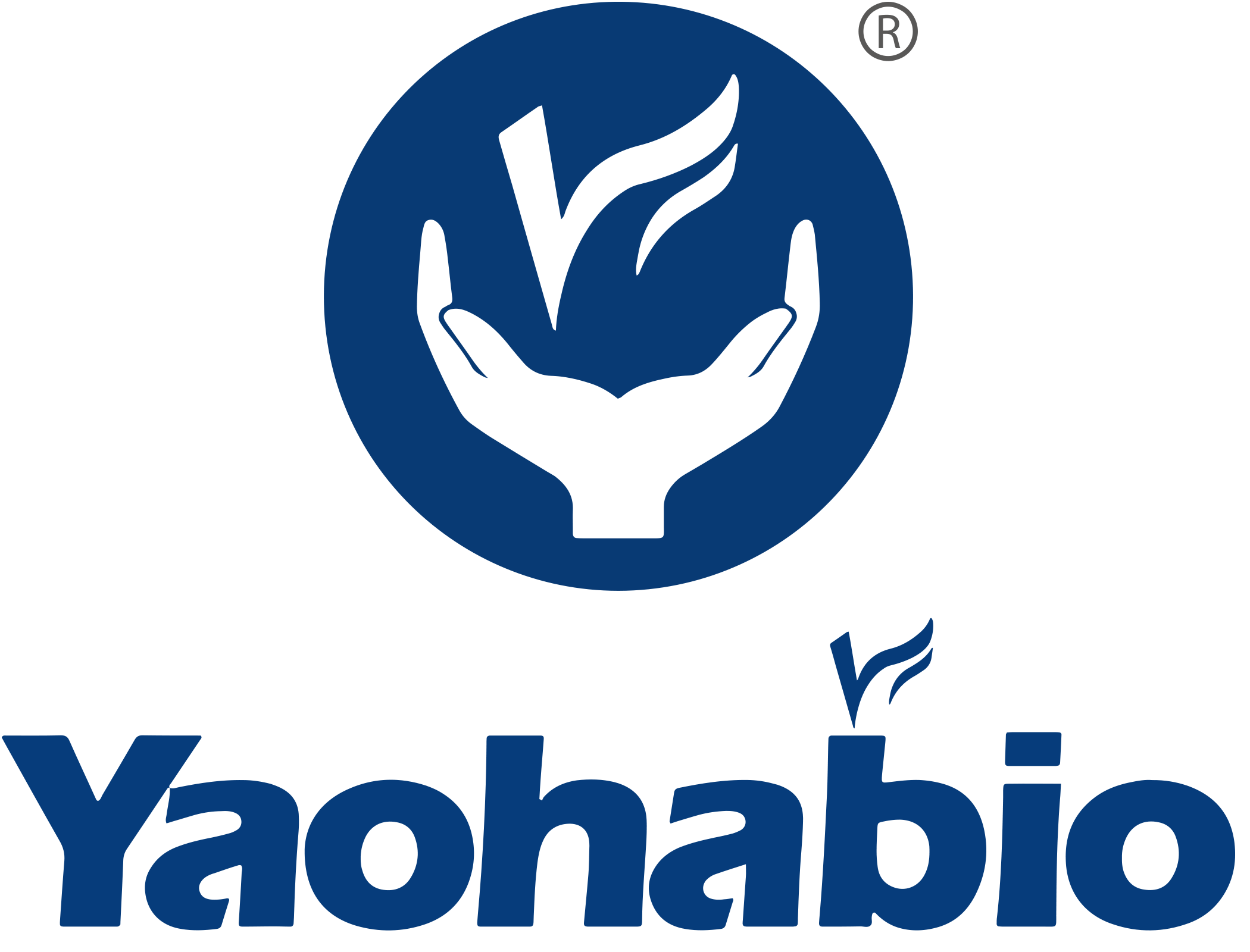Bovine serum albumin (BSA or "Fraction V") is a type of serum albumin derived from cows.
The nickname "Fraction V" refers to albumin being the fifth fraction of the original Edwin Cohn purification methodology, which utilizes the differential solubility characteristics of plasma proteins. Cohn was able to pull out successive "fractions" of blood plasma by controlling solvent concentrations, pH, salt levels, and temperature. The process was first commercialized with human albumin for medical purposes and later used to produce BSA. The precursor polypeptide of BSA has a total length of 607 amino acids and 18-residue signal peptide at the N-terminus. Another 6 amino acids are cleaved to produce mature BSA protein containing 583 amino acids.
Application of Bovine Serum Albumin (BSA)
Same with other serum albumins, BSA plays a crucial role in providing oncotic pressure within capillaries, transporting fatty acids, bilirubin, minerals, and hormones, and functioning as both an anticoagulant and an antioxidant.
BSA is often used as a protein concentration standard in lab experiments, as well as the main constituent of fetal bovine serum, a common cell culture medium.
BSA is often used as a model for other serum albumin proteins, especially human serum albumin, which has a structural homology of 76%.
BSA has a large number of biochemical applications, including ELISAs (Enzyme-Linked Immunosorbent Assay), immunoblots, and immunohistochemistry.
Recombinant albumin manufactured by recombinant DNA technology in an expression host (e.g., bacterial, yeast) is an animal-free albumin that can serve as an alternative to native BSA.
Yaohai Bio-Pharma Offers One-Stop CDMO Solution for Recombinant Albumin

 EN
EN
 AR
AR
 HR
HR
 CS
CS
 DA
DA
 NL
NL
 FI
FI
 FR
FR
 DE
DE
 EL
EL
 IT
IT
 JA
JA
 KO
KO
 NO
NO
 PL
PL
 PT
PT
 RO
RO
 RU
RU
 ES
ES
 SV
SV
 IW
IW
 ID
ID
 LV
LV
 LT
LT
 SR
SR
 SK
SK
 SL
SL
 UK
UK
 VI
VI
 ET
ET
 HU
HU
 TH
TH
 TR
TR
 FA
FA
 AF
AF
 MS
MS
 BE
BE
 MK
MK
 UR
UR
 BN
BN

